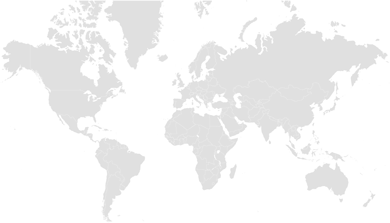Case study
2018 • ARCOWA Wastewater reuse, nutrient and energy recovery in the Philippines
This case study highlights resource recovery from wastewater and organic waste in the Philippines. Key stakeholders, including local governments, private sector partners, and international organizations like PEMSEA and ARCOWA, support wastewater treatment, water reuse, and bio-energy production. The report summarizes efforts to reuse treated wastewater, recover bioenergy, and extract nutrients from wastewater, pig farms, and industries. Active for years, the initiative has improved sanitation, reduced pollution, and enhanced resource recovery. By integrating circular economy principles, it serves as a model for sustainable wastewater management in urban areas facing similar challenges.
Recovered Materials & Products
Waste Streams
Confirmed countries
Sweden


Background and context
In the Philippines, industries face high water and energy costs due to the large volumes of water required for operations. This challenge has driven the exploration of resource recovery from wastewater, sewage sludge, and industrial organic waste. By treating and reusing these waste streams, businesses can reduce costs while promoting sustainability.
Approach
Various technologies and methods have been applied to recover resources from wastewater. These include advanced treatment processes that enable water reuse, methane capture for energy generation, and nutrient extraction for agricultural applications. Implementation involved adopting wastewater treatment systems in industrial facilities, integrating reuse strategies in ecozones, and developing partnerships between industries and agriculture to maximize the benefits of resource recovery.
Outcomes and impacts
Significant achievements have been recorded across different industries. At the Mactan Ecozone facility, 83% of wastewater is reused for cleaning toilets, maintaining drainage systems, extinguishing fires, and watering gardens. San Carlos BioPower Inc. repurposes 1,500 m³ of wastewater annually for agricultural irrigation. At Absolut Distillers, the use of liquid fertilizer derived from treated wastewater has led to USD 541,231 in annual fertilizer cost savings. Methane capture at pig farms has resulted in 4,506 MWh of energy savings, generating 27,487 carbon credits (Certified Emission Reductions). Additionally, an estimated 1,904 hectares of crops are irrigated with wastewater, while 1,424 hectares benefit from wastewater applied as a liquid soil conditioner. Sugarcane farms using treated wastewater as liquid fertilizer have experienced a 60% increase in yield and reduced fertilizer costs.
Lessons learned
These experiences demonstrate the feasibility of recovering valuable nutrients from industrial organic waste and wastewater. However, industries in the Philippines have yet to scale up these initiatives to fully harness the potential of organic waste recovery. Expanding these efforts could enhance water efficiency, reduce costs, and support broader sustainability goals.
Technologies
Themes